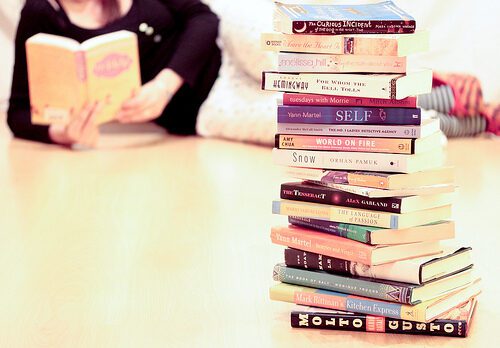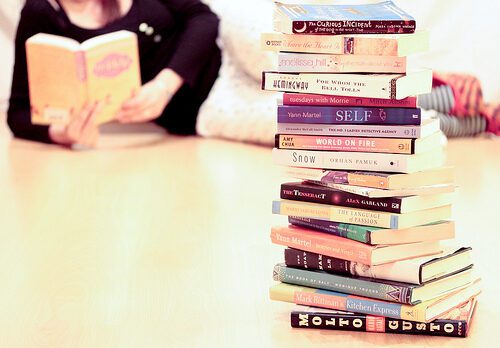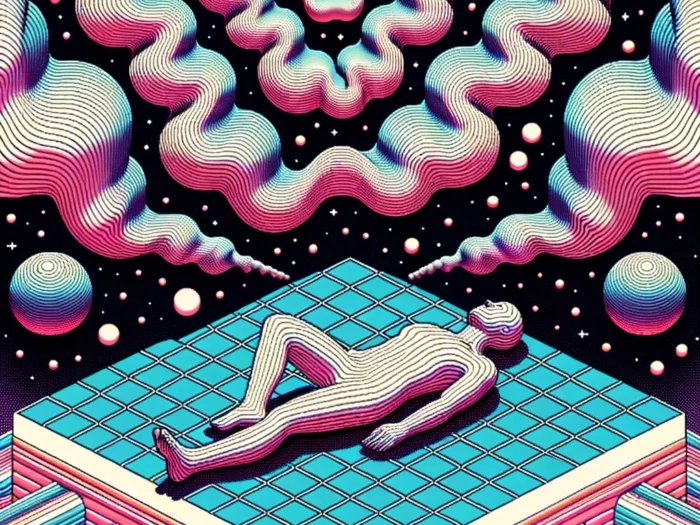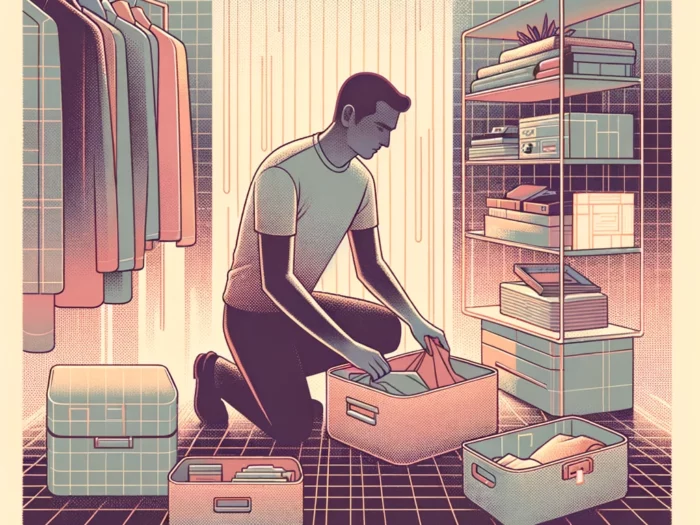You’ve heard that reading makes you smarter. You’ve heard that reading improves your memory. If you’re a writer, you’ve been told that reading makes you a better writer. These things are all true. But there’s more.
I used to struggle with feelings of anxiety and depression. I was working a dead-end job. I was smoking and drinking. I’d come home from work, flip on the TV and zone out. I fell asleep to the glow. The next day I woke feeling even worse.
Things were getting bad. I was slowly falling into a deep funk. A friend gave me a book: Siddhartha by Herman Hesse. That book started me back on my reading journey. I found that reading books boosts mood.
I’d been an avid reader as a kid, but nearly quit books in my late teens and early 20s. After reading Siddhartha, I began to read again. I started reading the classics. I started studying the Bible. I read it three times through. I started studying books on radio broadcasting, religion and psychology. I returned to college when I was 30. I’d discovered the power of reading.
Reading Books Can Boost Your Mood
When we read fiction, we temporarily escape. When we read nonfiction, we learn something new. Both these experiences make us feel better. Reading can get our mind off what’s worrying us. If you stick with it, reading can slowly lift you out of a rut. Reading stimulates endorphins in the brain that increase happiness. It worked for me. Here’s what I did:
- I started small. I read 15-30 minutes a day.
- I set a goal to read four books per month.
- I set a screen-off time of 9pm.
- I spent the last hour of my day reading.
- I began to read in the mornings for 10-15 minutes.
- I started working on several books at the same time.
At First, Reading Was A Distraction
It helped me to forget about my feelings of anxiety and despair. In time, it became a habit. I found that books boosted my mood. The book habit slowly began to replace less healthy habits. I stopped smoking. I stopped drinking. I went back to school. I felt better about myself and my life. Plus, I was learning. It was a win-win.
Over the years, I’ve read many books. Here’s a partial reading list:
Classics
- Uncle Tom’s Cabin by Harriet Beecher Stowe
- Pilgrim’s Progress by John Bunyan
- Heart of Darkness by Joseph Conrad
- The Prince by Niccolo Machiavelli
- Walden by Henry David Thoreau
- The Picture of Dorian Gray by Oscar Wilde
- The Razor’s Edge by Somerset Maugham
- The Metamorphosis by Franz Kafka
Self Help & Psychology
- The 7 Habits Of Highly Effective People by Steven R. Covey
- How To Win Friends And Influence People by Dale Carnegie
- Emotional Intelligence by Daniel Goleman
- The Tipping Point by Malcolm Gladwell
- The Meaning of Truth by William James
- Principles of Psychology by William James
- The True Believer by Eric Hoffer
- Man And His Symbols by Carl Jung
Many, Many Others…
- I’ve also read many Christian books, including nearly every title by C.S. Lewis and several by Thomas Merton.
- I’ve read most everything from modern writers like, Cormac McCarthy, Garth Stein and Wallace Stegner.
- As a college student I studied communication, religious cults and Woody Guthrie.
- I’ve literally read hundreds of books on dozens of topics.
I’m not writing this post to show off. I’m writing it to inspire you to read. I especially encourage you to read if you’re feeling a little blue. Reading books boosts mood. If you have minor anxiety or depression, pick up a book and read. It did wonders for me.
Since taking up writing regularly, I’ve cut back on reading. Still, I haven’t stopped. I’m currently reading:
- Rework by Jason Fried & David Heinemeier Hansson
- Essentialism by Greg McKeown
- Aloof by Tony Kriz
Reading is a wonderful pastime. It’s simple. You can read just about anywhere at anytime. I encourage you to read a little every day. The best news is: Reading Books Boosts Mood
Have you read a good book lately? Try it. You’ll feel better. You can start right now with my free book. No signup is needed. Just click on the link below:














